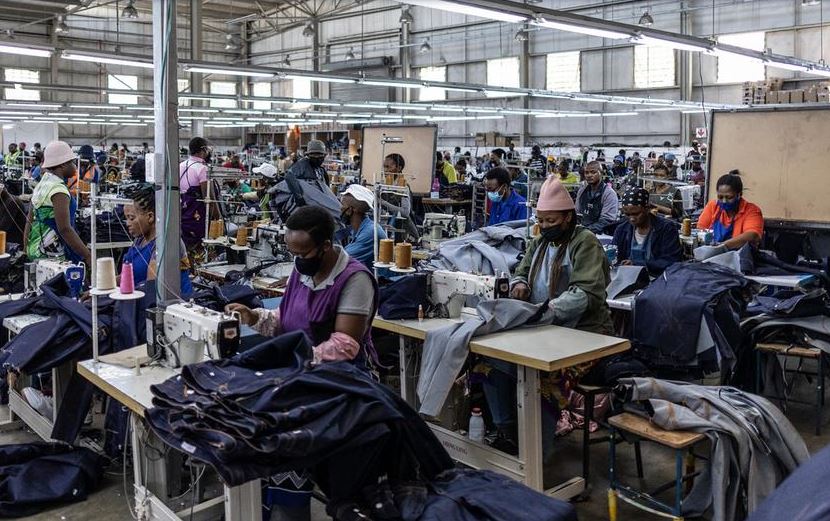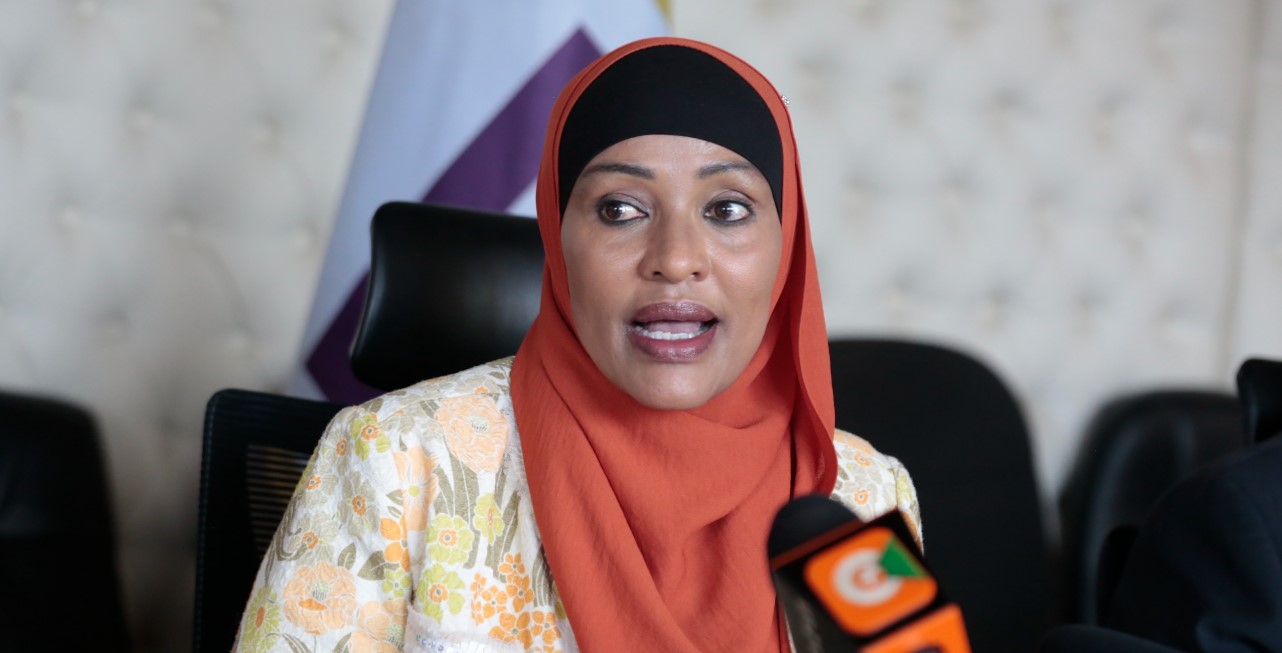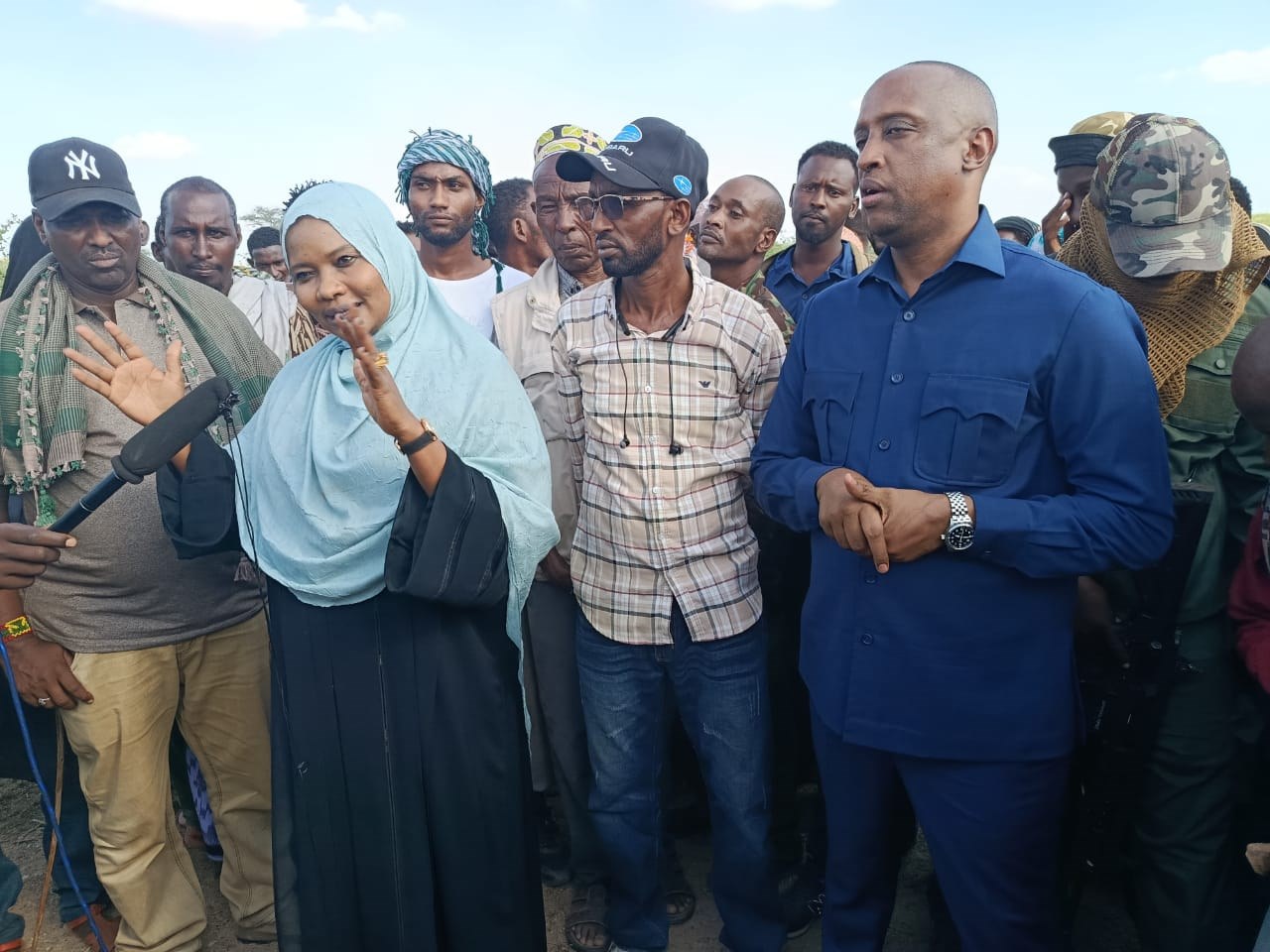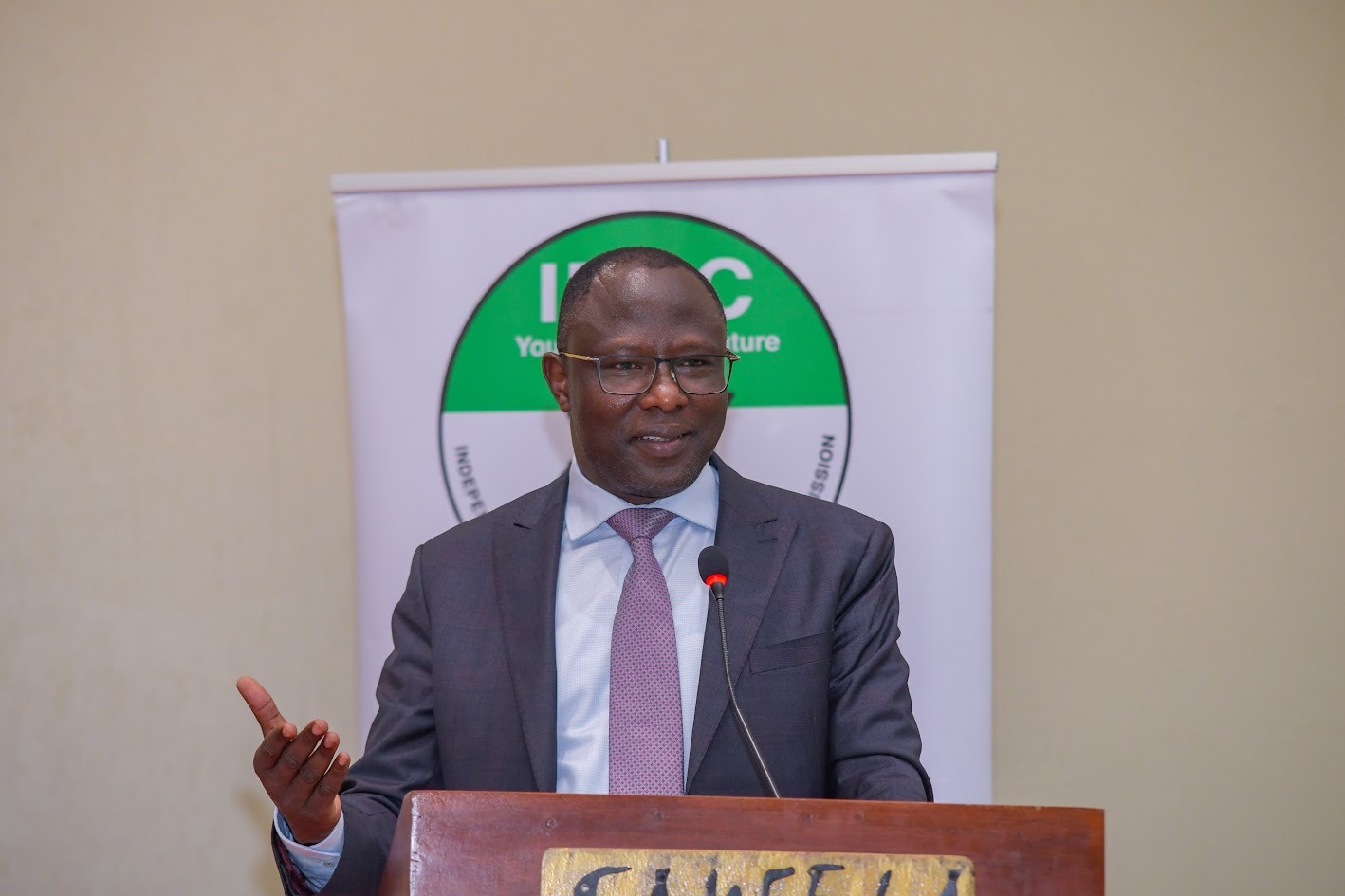AGOA renewal: Is it time to rethink US-Africa trade?

The AGOA trade agreement between the United States and African countries is coming to an end. While countless workers fear for their jobs, there is also an opportunity for new trade partnerships to develop.
The trade agreement between the United States and sub-Saharan African nations, known as AGOA (African Growth and Opportunity Act), is set to expire on September 30.
Though some are still hopeful for a last-ditch effort to clinch a follow-up agreement, dozens of African countries are preparing to see the end of 25 years of duty-free access to the US market — at least for now.
More To Read
- Kenya exports Sh50.87 billion worth of goods to US ahead of AGOA expiry
- Ethiopia leads African Union’s drive for continental railway connectivity
- Africa launches first-ever climate commitment implementation index to track progress
- Kenya champions innovation, digital solutions at COMESA summit
- Trump administration supports one-year extension of AGOA trade programme
- Kenya, Ethiopia, DRC lead East Africa’s stunning export surge amid global economic uncertainty
"Studies show that AGOA has had positive effects. Exports to the US have increased, for example, in the textile industry," says Zoryana Olekseyuk, who researches the transformation of economic and social systems at the German Institute of Development and Sustainability (IDOS).
"For example, Lesotho could lose almost 6 per cent of total exports, Madagascar over 3 per cent, Botswana and Chad around 2 per cent," Olekseyuk told DW.
She, however, stressed that all things considered, the success rate of AGOA is a bit of a mixed bag, highlighting that "the overall effect for the region is limited and the impact varies from country to country and from sector to sector."
AGOA's impact on African economies
Launched in 2000 under US President Bill Clinton, the AGOA trade partnership was intended to bring Africa closer to the world's strongest economy.
However, Donald Trump's return to the White House in 2025, which brought renewed protectionist policies, saw tariffs go up once more, effectively undoing the deal.
A total of 35 African countries were part of the agreement, which alleviated access to the American market. Almost 7,000 products could be transported across the Atlantic duty-free under the deal.
The trade deal helped entire sectors to develop and flourish — textiles, agriculture and raw materials are some of the top industries that have benefited from the agreement over the years.
This in turn resulted in massive job creation, particularly in Madagascar, Lesotho and South Africa.
But now, a quarter century of achievements and growth might be lost overnight.
Malick Sane, a specialist in international trade at Cheikh Anta Diop University in Dakar, told DW that African companies "will have great difficulty in continuing to penetrate the American market with competitive products," leading to a decline in production output — and therefore jobs.
South Africa, the largest African exporter to the United States, faces a projected loss of more than 35,000 jobs in the citrus fruit sector alone, while Madagascar will have to pay a 47 per cent tax on vanilla and textile exports in the future.
The US government, meanwhile, threatened Lesotho, which relies heavily on the production of jeans materials, with a record tariff of 50 per cent, which was reduced to 15 per cent in July.
Other Topics To Read
Mauritius is to pay 40 per cent on its industrial products. Some of these raw materials are essential for the American industry.
US tariffs will also be levied on exports of platinum, gold, diamonds and rare earths — important sources of income for numerous countries such as South Africa, Ghana, Lesotho, Namibia and Madagascar.
US-Africa trade relations
Africa's trade with the US had already been on the decline in recent years, emphasises economist Olekseyuk. "In 2017, only 8.5 per cent of exports from AGOA countries went to the US. That is significantly less than to Europe or China," she stressed, lending hope for a soft landing once the trade agreement expires.
Furthermore, she adds that only a few African exporters have actually benefited from AGOA advantages, highlighting that profit margins "are simply not big enough."
She adds that for the countries that were part of AGOA, the bureaucracy involved in trading with the US often was barely worth the efforts to begin with.
In view of these ongoing economic developments, some countries may therefore not even wish to continue with AGOA, while others might seek their own direct deals with the US.
Zimbabwe, for instance, decided to lift its own customs barriers to calm the situation, while South Africa and Madagascar continue to seek targeted exemptions from the US.
Malian economist Etienne Fakaba Sissoko regards the end of AGOA as an opportunity for a new beginning, as other trading partners continue to gain importance across the continent.
"The [Arican] countries should use this historic opportunity to free themselves from their dependency. For 25 years, AGOA has been presented as a gift. In reality, it has mainly served the geographical interests of the United States," he told DW.
Fakaba Sissoko adds that the end of AGOA "must be taken as an opportunity to move from a logic of aid to a logic of autonomy for our states."
"We need to build an African economic sovereignty that is no longer dependent on the whims of Washington or any other country."
Olekseyuk agrees, stressing that "AGOA was important, but has lost its appeal."
"Its demise shows once again that Africa urgently needs to diversify its trade structures."
New partnerships, new opportunities
The African Union (AU) has long been pushing to advance the African Continental Free Trade Area (AfCFTA), which has been in force since 2021, to strengthen the continent's economic independence.
The free trade area, which comprises 54 African countries with a population of around 1.5 billion people, could now become more attractive for companies across the continent than AGOA ever was, according to the trade expert Sane.
However, another trend is emerging at the same time: African trade partnerships with other regions are also redefining the way that Africa's trade of tomorrow might look.
China, which recently abolished its tariffs for 33 African countries, is particularly making a name for itself as a substitute partner.
In 2024, African exports to the US under AGOA reached a value of $8 billion (€7.6 billion), nearly half of which was South African trade; the same year, trade between China and Africa grew by 4.8 per cent to $295 billion, according to figures published by Chinese customs.
Alongside China, the European Union will also remain an important partner for African economies via the Economic Partnership Agreement (EPA).
Other countries such as India, Turkey, Brazil and Russia are also trying to strengthen their presence on the continent.
For Mamady Kamara, a consultant for governance, development policy and entrepreneurship based in Washington DC, there is no question that Africa must further diversify its partnerships.
However, Kamara also warns against replacing old dependencies with new ones: "The challenge for Africa is to negotiate balanced agreements that actually promote local value creation," he told DW.
Top Stories Today














































